Religion has had a profound impact on politics and society throughout history. From shaping laws and policies to influencing political movements and leaders, religion has played a key role in shaping the course of human events. One of the ways in which religion has influenced politics is through its moral and ethical teachings, which have shaped the values and priorities of societies and shaped the way that political leaders think about and address important issues.
For example, religious movements have often been at the forefront of social and political change, advocating for the rights of marginalized groups and working to address issues such as poverty, inequality, and injustice. This is seen in the Civil Rights Movement in the United States, where religious leaders such as Martin Luther King Jr. played a key role in advocating for the rights of African Americans and promoting social and political change.
Religion can also impact politics and society through the institutions and organizations it creates. Religious institutions and organizations can serve as powerful sources of political and social influence, and they often work to promote the values and priorities of their religious tradition. For example, religious charities and humanitarian organizations can play a crucial role in addressing social and economic problems, providing essential services to those in need and advocating for policies that improve the lives of the disadvantaged.
In addition to its role in shaping moral and ethical values, religion can also play a role in shaping political ideologies and worldviews. Many religious traditions have their own political and social ideologies, and these can influence the political beliefs and actions of individuals and groups within that tradition. For example, the Islamic tradition is often associated with the promotion of social justice and the protection of human rights, and many Muslims are involved in political and social movements that reflect these values.
The relationship between religion and politics can also be more direct, with religious leaders and institutions serving as active participants in the political process. This can include religious leaders endorsing political candidates, advocating for specific policies, or even forming political parties. For example, the Hindu nationalist movement in India has been influenced by Hindu religious teachings, and has been involved in the political process through the formation of the Bharatiya Janata Party (BJP) and the advocacy of Hindu nationalist policies.
In some cases, religion can also play a role in conflict and political instability. Religious differences can lead to tension and conflict, particularly when different religious groups compete for political power or when one religious group seeks to impose its beliefs on others. For example, the ongoing conflict in the Middle East is often characterized by religious differences between Sunni and Shia Muslims, and by the desire of religious extremists to establish a political order based on their interpretation of Islam.
Religion has also played a role in shaping the political landscape by providing a source of power and authority for political leaders and institutions. Throughout history, many political leaders have invoked religion to justify their actions, to gain support for their policies, or to mobilize support for political movements. For example, many religious leaders have been involved in political activism and have used their religious authority to influence public opinion and promote political change.
In addition to religious leaders, religious institutions themselves can also hold significant political power and influence. For example, the Vatican, the headquarters of the Catholic Church, is a sovereign state with its own diplomatic corps, and is involved in a variety of international political and diplomatic initiatives. Similarly, the Islamic Republic of Iran is a political system that is based on the principles of Islam, with religious leaders playing a key role in both religious and political affairs.
Religion can also serve as a source of division and conflict in politics and society, as different religious traditions and beliefs can lead to disagreements over important social and political issues. For example, the ongoing conflict between Israelis and Palestinians is rooted in deep-seated religious and cultural differences, and religious tensions have also been a major factor in political conflicts in countries such as Northern Ireland, India, and Sri Lanka.
In some cases, religion has also been a source of conflict and division, with different religious groups competing for political power or engaging in violence and conflict over religious beliefs and practices. This is seen in many parts of the world, where religious tensions and conflicts have led to violence, unrest, and even wars.
Despite these challenges, religion remains an important source of meaning, morality, and purpose for many individuals and communities, and continues to play a key role in shaping the political and social landscape of many societies. Whether through its moral and ethical teachings, its role as a source of power and authority, or its ability to bring people together, religion will likely continue to play a significant rol
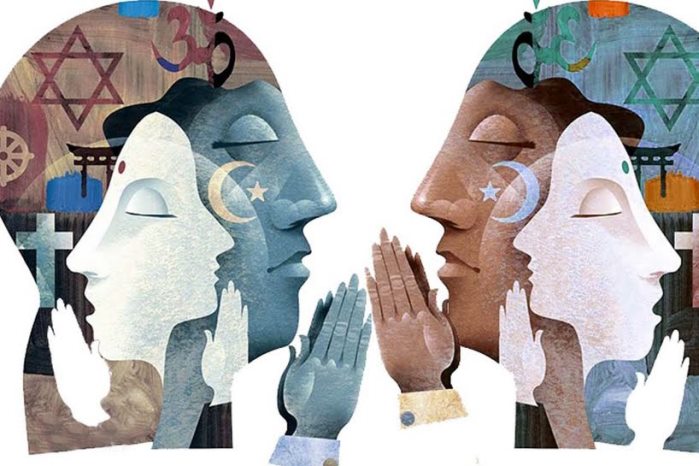
![]()



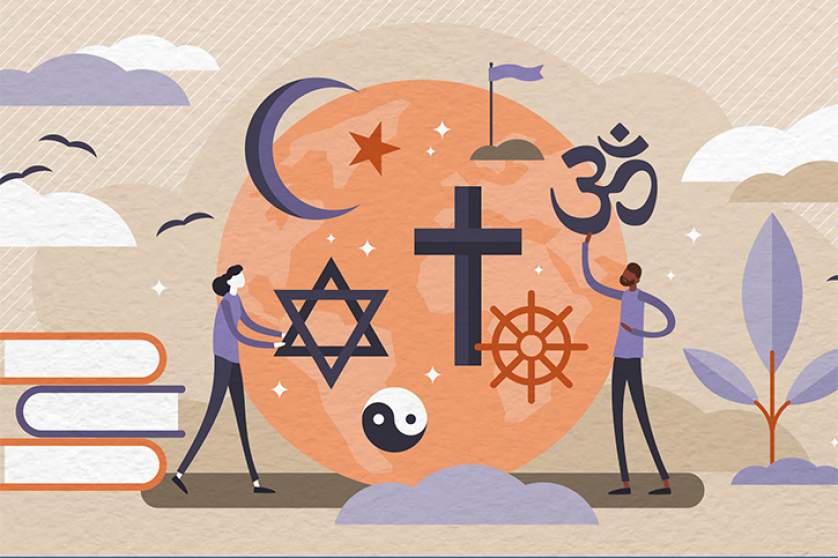
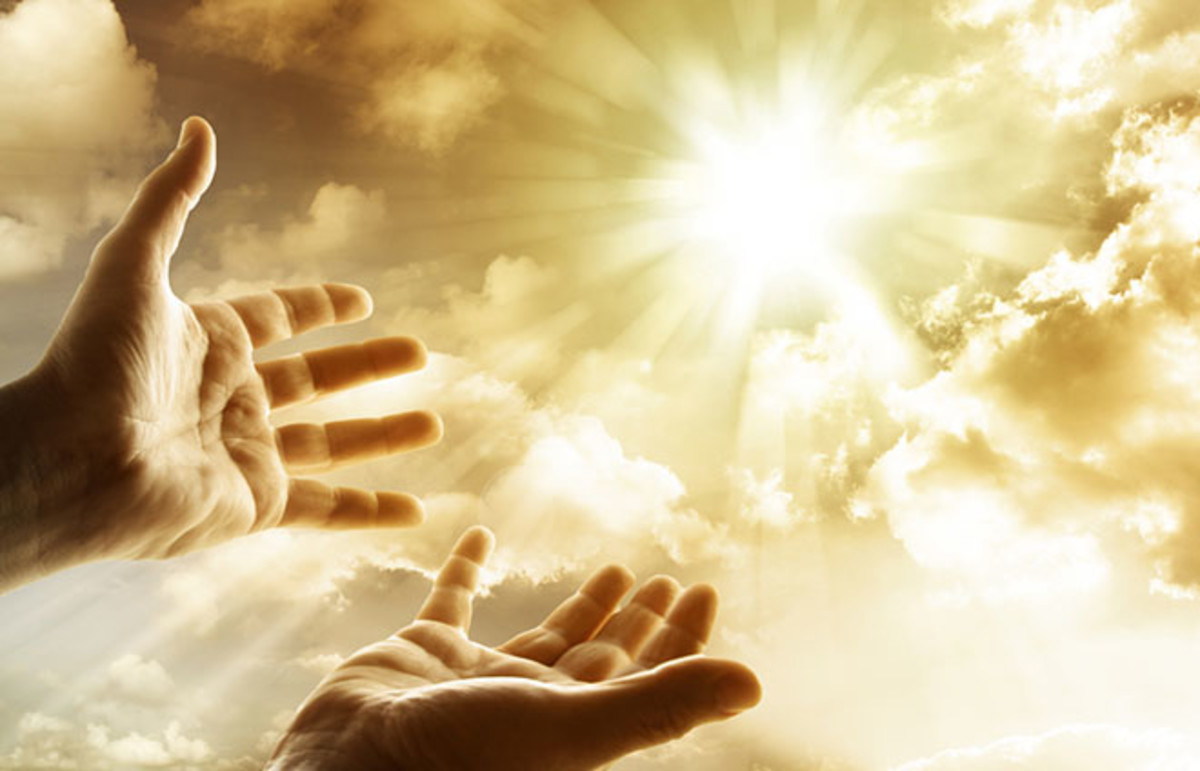
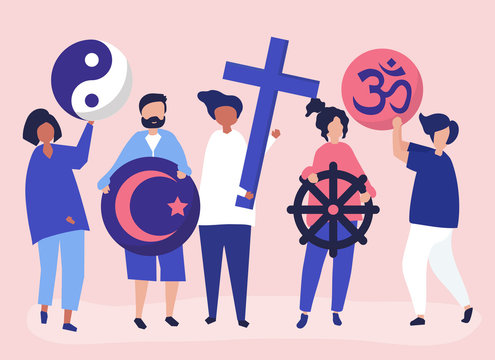


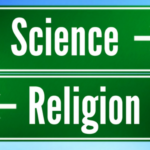
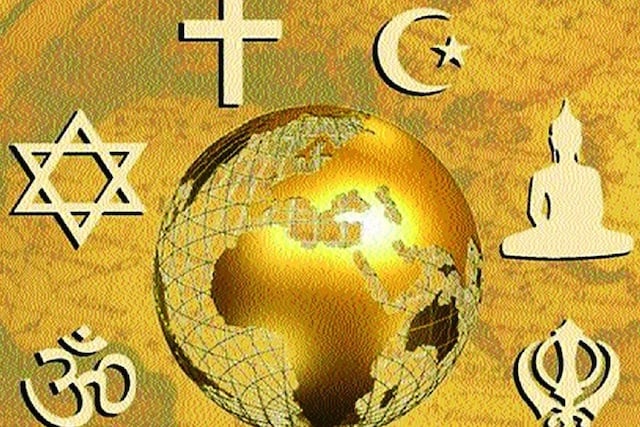
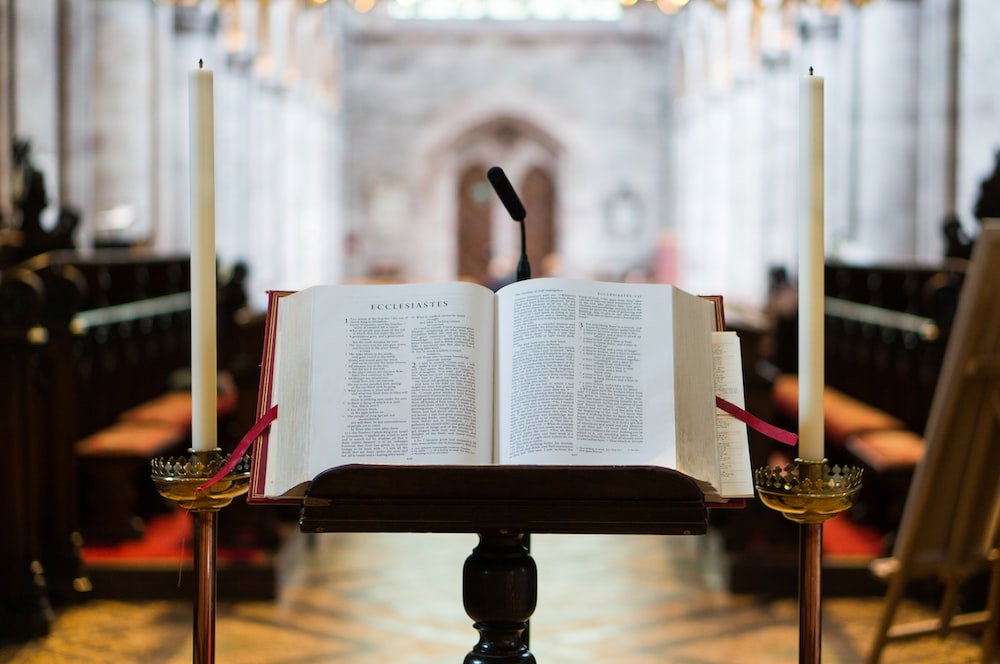
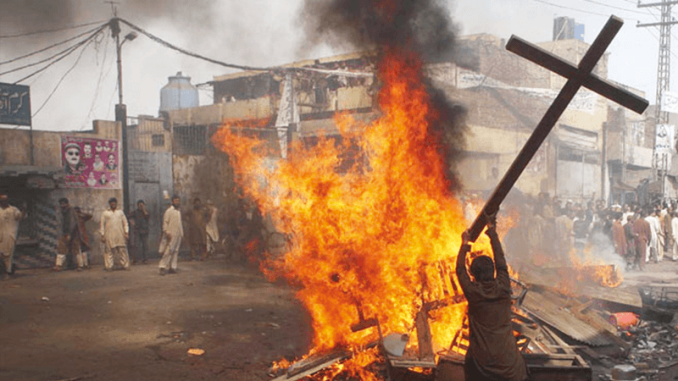
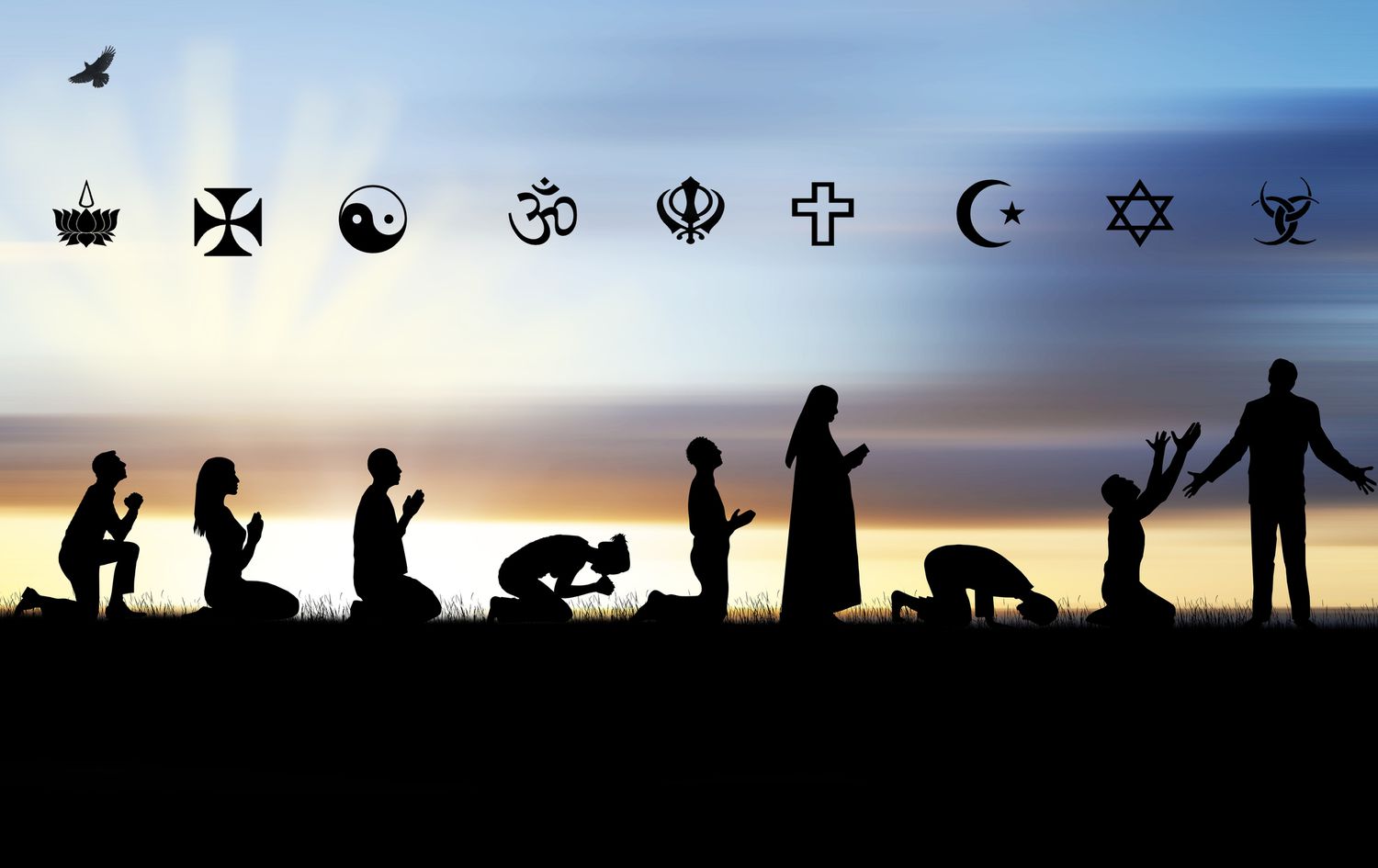


GIPHY App Key not set. Please check settings